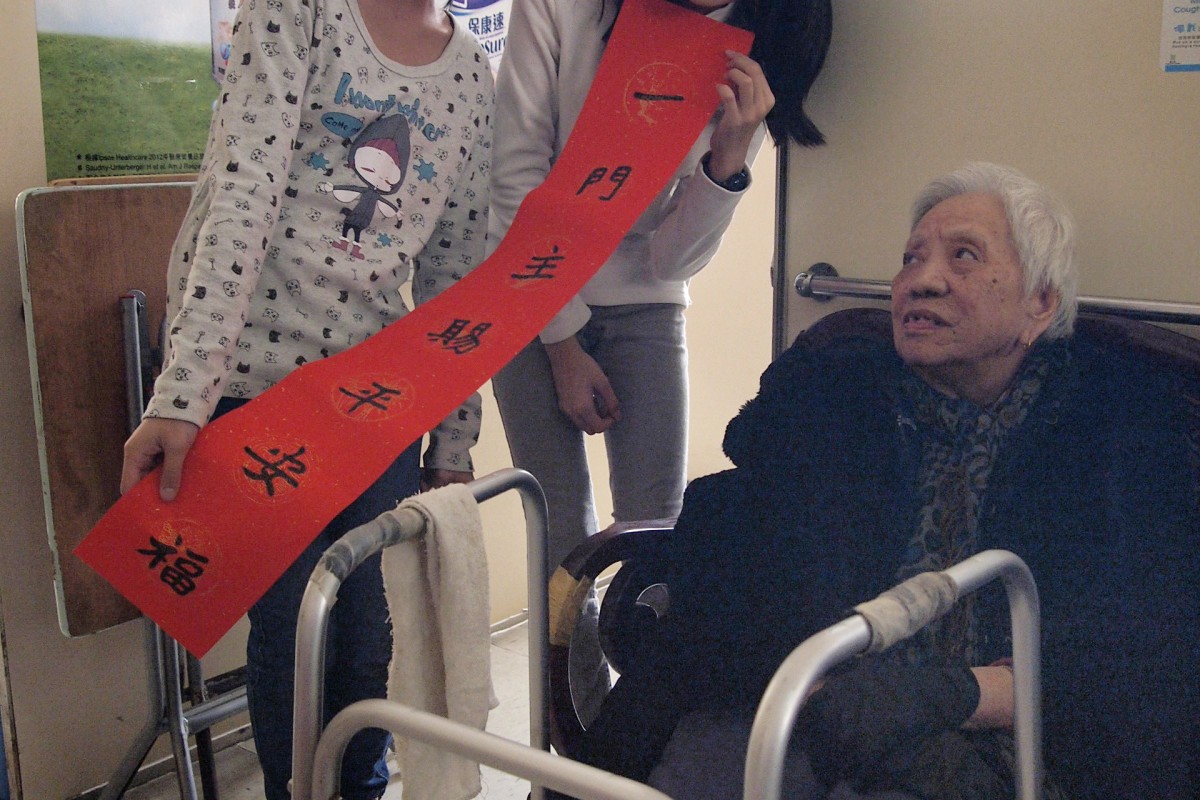
Help yourself, by helping others through volunteering
Volunteering isn't just about a sense of social duty; you can learn a lot of useful skills, too

Whenever we talk about volunteering, we're always told, "It's about the giving, not the receiving".
But volunteering isn't just about helping others; it's also a way to find your own strengths.
A Form Two student at Carmel Secondary School, Crystal Chung Ching-to has been volunteering since she was in primary school. From helping at a rescue centre for animals to volunteering in care homes for the elderly, Crystal's experience means she has lots to share.
"I've come to understand the importance of being able to communicate with different kinds of people," she says.
"When I chat to people now, I really need to listen to what they have to say, and remain polite, even if they are scolding me."
At the care home, Crystal talked to the elderly residents about their lives. She then had to raise the difficult subject of what they would like in terms of their funeral arrangements.
She points out that some of the elderly people have thick accents, while others struggle to speak clearly, but she still had to discuss the issue with them and get their views. This experience made her more humble.
"These days, employers complain about the post-90s generation being rude or having no manners. I think my generation is simply lacking communication skills. I have learned these skills by helping others," says Crystal.
Social worker Helen Chan Tsz-ying, who specialises in getting young people involved in volunteering at Yang Memorial Methodist Social Service Homantin Integrated Centre for Youth Development, agrees that volunteering has many benefits.
"Voluntary work is a means for personal growth," she says.
Chan specifically looks for students who are not outstanding at school. Teachers usually focus all their attention on the stars of their classes, she says.
"Those students who are not as noticeable are ignored at school. We're not focused on giving important positions to brighter students or those who already have responsibility, like student leaders. We give students who haven't had the chance to shine yet the opportunity to try," adds Chan.
"Students who don't perform at their peak are not weak. They just haven't discovered their own strength yet."
Usually, those who have experience in a certain area are assigned tasks that help develop their skills. Chan has her own way of deciding who to assign to a particular job. "I will let someone who isn't very good at public speaking be an MC, instead of someone who is good at it."
While Chan admits students can't completely change lives - "I mean, we can't help the blind to see" - she says the volunteers will be inspired by seeing other people's struggles.
Specifically, she says, students learn about different sectors of society and think about how to help the community. By understanding their struggles, volunteers learn to appreciate things in their own life, while also helping others. "Academic results just get you into university; our skills are useful throughout life," says Chan.
It's one thing to join an established programme, but some volunteers choose to do more. Chan says some students design their own voluntary services. This means having to consider the cost and resources of the project, learn management skills, and deal with any problems or setbacks. The Youth Good Deeds Campaign Chan works on teaches them how to design volunteer activities and split the workload, both of which are crucial leadership skills in the business world.
But having the skills is useless if students are irresponsible. Chan organises long-term voluntary projects which emphasise responsibility. Quitters need not apply.
"No one should think they can just walk in and out of a project," says Chan. "For this generation, quitting a job via WhatsApp is the norm. In our projects, people don't have the option to quit. They need to guarantee that they will finish what they have to do before they leave a project." She hopes this will help students become more responsible.
"It is not that volunteers are simply 'helping' others," says Chan. "We ask our volunteers: are you the one helping out - or are you the one who benefits?"